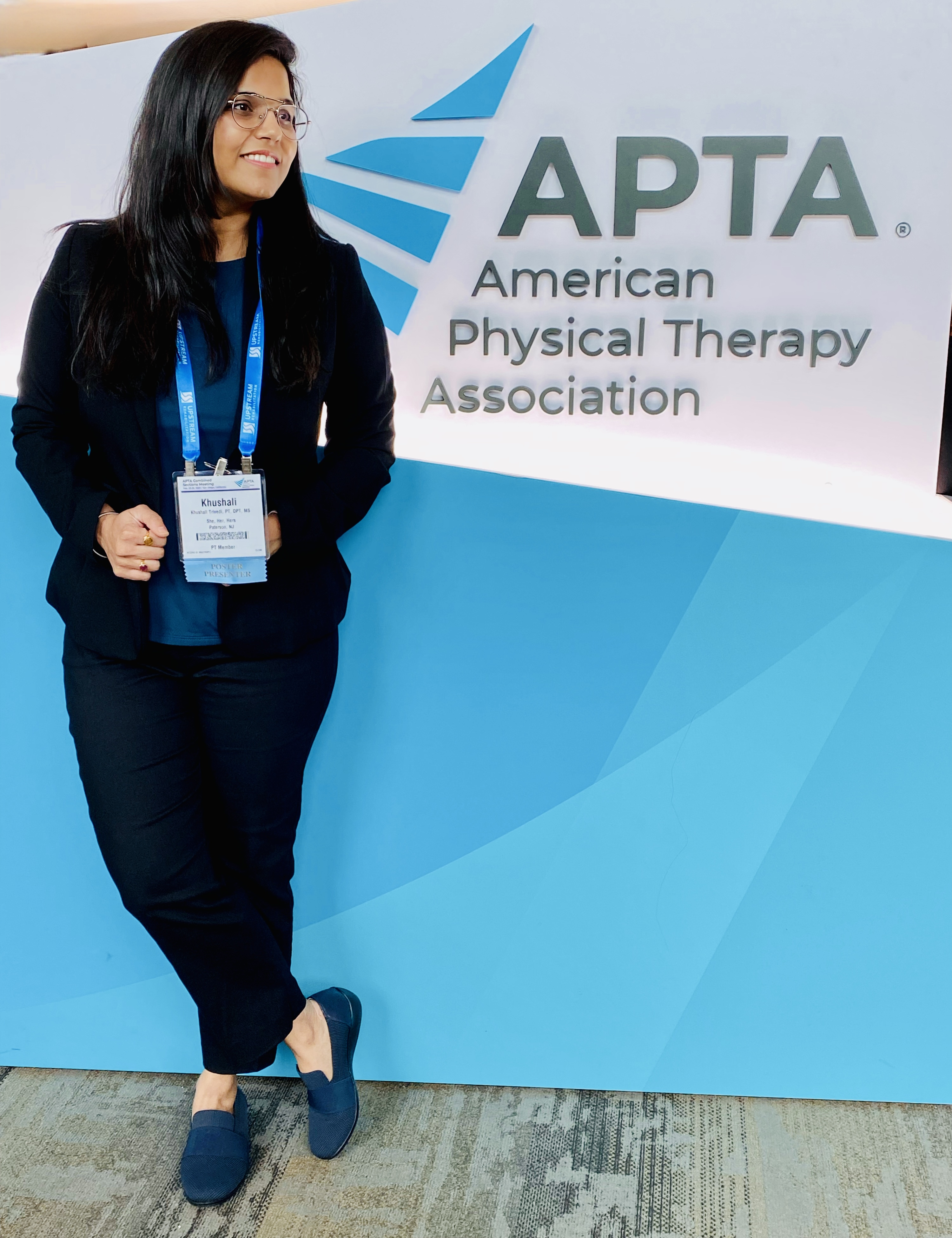Real Talk: Dealing with Urinary Incontinence After Having a Baby??
Urinary incontinence (UI) is a condition that restricts many aspects of a woman’s social life, making her overly conscious of her dress choices, where she goes, how much she laughs, and even causing anxiety over sneezing. It’s shameful that society often overlooks the struggles women face with UI, especially after childbirth. No one deserves to live with such limitations, and it’s crucial to understand why this happens and how pelvic physical therapists can help.
During pregnancy, the uterus must grow to accommodate the developing fetus. This growth stretches numerous muscles and ligaments, including those in the pelvic floor. The pelvic floor muscles play a vital role in supporting the bladder and controlling urine flow. As the uterus expands, these muscles undergo prolonged stretching. Furthermore, labor involves significant pulling and straining, which can immensely weaken the pelvic floor muscles responsible for holding urine, even during laughter or sneezing.
Experiencing UI after childbirth is not something any new mother anticipates. But let me ask you, how many mothers openly discuss such issues? Not many. Recently, Patrick Mahomes’ wife, Brittany, who fractured her pelvis during childbirth, took to Instagram to emphasize the importance of pelvic health. This instance reflects the experiences of countless women. The change we need is to normalize discussing the pain, physical discomfort, psychological burdens, and lifestyle adjustments that come with childbirth.
Discussing these challenges openly is the first step toward seeking help and finding solutions. Pelvic physical therapists can play a crucial role in helping women recover from postpartum UI. The fourth trimester, the period after childbirth, is a critical time for new mothers to seek pelvic physical therapy. These specialists perform extensive evaluations of the pelvic floor, lower back, and abdominal muscles to create personalized treatment plans for healthy recovery.
Pelvic physical therapy involves targeted exercises and treatments to strengthen the pelvic floor muscles, improving their function and reducing or eliminating UI symptoms. Techniques such as biofeedback, electrical stimulation, and manual therapy can help rehabilitate these muscles. Additionally, therapists provide education on proper body mechanics and lifestyle modifications to support recovery and prevent future issues.
It’s essential to recognize that seeking help for UI is not a sign of weakness but a step toward reclaiming your quality of life. Women should feel empowered to speak up about their experiences and seek the care they deserve. Pelvic physical therapists offer a safe and supportive environment to address these concerns and work towards a solution.
To all the new mothers out there, your experience of childbirth should encompass all aspects, both joyful and challenging. It’s time to normalize discussing your pain, physical discomfort, and psychological burdens. There is help available if you want to help yourself. Pelvic physical therapists are here to guide you through this phase, ensuring that you recover fully and regain control over your body.
In conclusion, urinary incontinence after childbirth is a common but often overlooked issue that significantly impacts a woman’s life. The weakening of pelvic floor muscles during pregnancy and labor is a primary cause of UI. It’s crucial to break the silence around this condition and encourage open discussions. Seeking help from pelvic physical therapists can make a significant difference in recovery, allowing women to live without the constant worry of leakage. Remember, you deserve a healthy recovery and the opportunity to enjoy motherhood without limitations.

Author: Khushali Trivedi, PT, DPT, MS
Author Bio: Khushali Trivedi, PT, DPT, MS, is a dedicated Ph.D. student at Texas Woman's University and a compassionate practitioner at Fox Rehab in New Jersey. A fervent women's health activist and co-founder of VediKh Care, a not-for-profit organization championing healthcare equality, she combines academic pursuits with a profound commitment to improving women's well-being.


